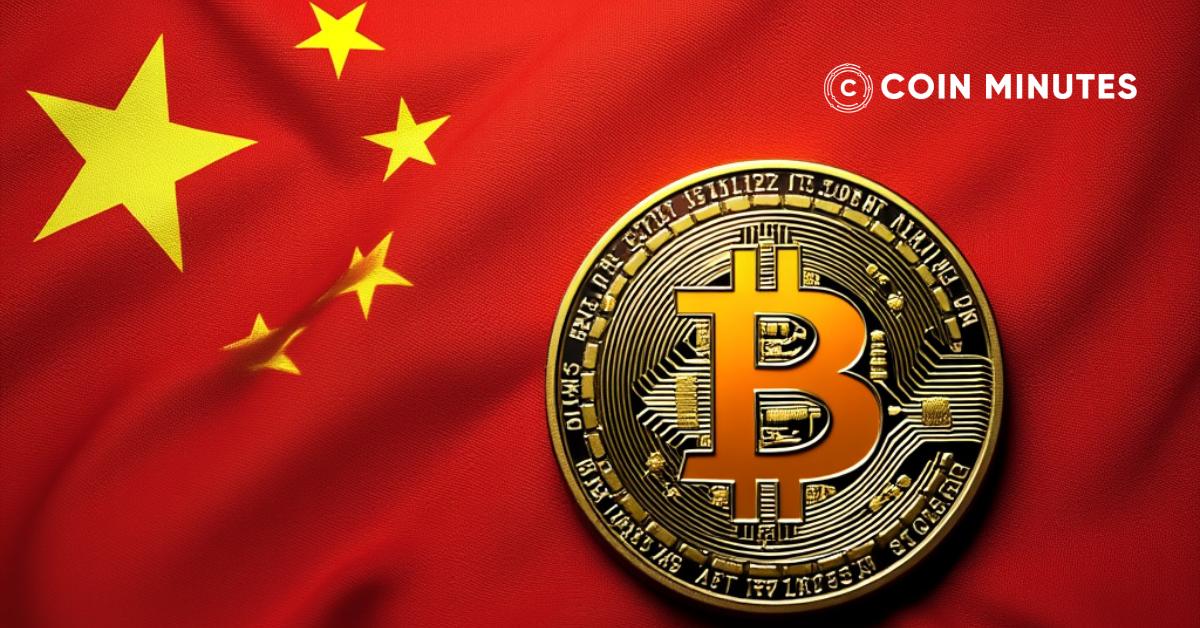Chinese cryptocurrency traders and miners are reportedly using peer-to-peer (P2P) transactions and virtual private networks (VPNs) to bypass government bans imposed in recent years.
Over the past decade, the Chinese government has steadily tightened regulations on cryptocurrency. In 2013, a trading ban was issued against banks. By 2017, the government had further restricted new token issuances and cryptocurrency exchanges. However, the most extensive ban came in 2021, when Chinese citizens were prohibited from mining cryptocurrencies.
Despite these restrictions, participating in the cryptocurrency sector in China is not excessively difficult. An investor known as Lowell told Cointelegraph that she recently graduated from college and is now trading cryptocurrencies full-time. Initially, she intended to pursue a professional career but found that it could not match the profitability of cryptocurrency trading.
Finding Ways to Bypass the Law
Users are aware of the trading ban but circumvent it through various means.
“We don’t refer to cryptocurrency exchanges as ‘trading’; we use other, more flexible terms,” says Lowell.
P2P channels available on social media or cryptocurrency exchanges allow users to buy cryptocurrencies with renminbi via bank transfers, WeChat Pay, or Alipay. OKX and Binance are among the popular exchanges in Lowell’s network.
“I use an iPhone and download the two apps from app stores in other countries via VPN, as they are not available in mainland China,” Lowell explains.
Wayne Zhao, former CEO of the analytics company TokenInsight, says using VPNs is “second nature” for Chinese cryptocurrency users.
“VPNs are basic knowledge if you want to access Google or YouTube,” he says. “The same applies to DeFi platforms.“
Furthermore, Joshua Chu, President of the Web3 Hong Kong Association, notes that P2P networks are a feature adopted by some cryptocurrency exchanges as a “gray area” for trading, but they still risk being penalized by authorities.
Vibrant Despite the Ban
Even though cryptocurrency trading and businesses are banned, the market still offers channels for investors to participate. Lowell reveals that she trades cryptocurrencies like Bitcoin through P2P transactions on centralized exchanges such as OKX and Binance. Although these platforms are normally inaccessible due to the Great Firewall, users can easily bypass this barrier using a VPN.
Although cryptocurrency mining has been banned since 2021, it continues discreetly, albeit on a smaller and less public scale than before. Daniel Batten, a researcher at ESG Bitcoin, suggests that the ban has been exaggerated by the media, creating a perception of strictness. In reality, the ban indicates that mining should be gradually phased out due to excessive electricity use, which impacts climate goals and is associated with money laundering.
Since 2021, data on China’s Bitcoin mining capacity has become harder to obtain, and older data is outdated. According to the Center for Alternative Finance at the University of Cambridge and World Population Review, China accounted for about 21.1% of the global Bitcoin hashrate. In July, CryptoQuant founder Ki Young Ju released a chart on X showing that Chinese mining pools account for up to 54% of the hashrate. He noted that not all miners in a pool operate in China and emphasized that some mining farms operate covertly to evade authorities.
Earlier this year, Reuters reported that since January, cryptocurrency has become an attractive investment channel for many in China amid economic difficulties. Trading through major cryptocurrency exchanges remains active. For instance, Binance claims not to operate in mainland China, but users can still create accounts by setting their location to Taiwan.
Data from Chainalysis on cryptocurrency preferences in 20 major countries ranked China at number 11 last year. Despite the ban, China’s cryptocurrency market recorded transactions worth $86.4 billion from July 2022 to June 2023. Most of this activity “occurs through decentralized, unofficial, or P2P channels,” Chainalysis noted in its report.
Additionally, bankruptcy filings for FTX released in 2022 show that investors from mainland China represented 8% of the platform’s users.








